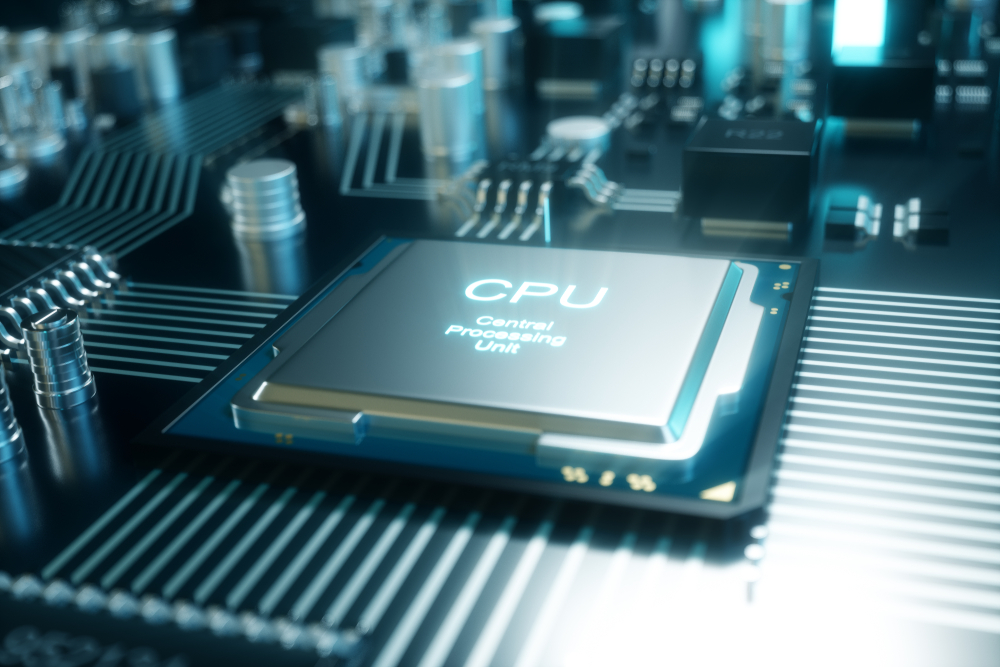
CPU-Z is an app that shows a PC's hardware specifications, providing in-depth details about the CPU in particular. It also comes with a CPU benchmark, and although it's not nearly as popular as Cinebench, it's still popped up in some reviews and even AMD's marketing slides. However, technical analysis site Chips and Cheese has found that CPU-Z's benchmark just isn't perfect for evaluating the best CPUs.
CPU benchmarks can test lots of different things because there's so much to a CPU on a microscopic level, and so other benchmarks give different rankings. But what a benchmark doesn't test can also be necessary, and that's the critical issue with CPU-Z's benchmark, according to Chips and Cheese, as it doesn't adequately test cache or branch prediction.
The cache is a small amount of memory integrated into processors to lower the time spent communicating with RAM, which is much slower. The CPU-Z benchmark is less than 32KB large, which fits into the L1 (first level) cache of even old CPUs. While technically very efficient, it also makes for a benchmark that can't stress a CPU's cache, so CPUs with better cache don't score any better.
Branch prediction is the process of a chip attempting to guess upcoming tasks. Correct predictions mean faster execution, while wrong predictions lose time. In CPU-Z, Chips and Cheese found that even the infamous FX-8150 Bulldozer CPU had a branch prediction success rate of 95%. That's pretty generous for a CPU that received universally bad reviews when it launched in 2011.
It's not just Chips and Cheese that thinks cache and branch prediction performance is essential, as the report quotes Jim Keller in the conclusion. The legendary engineer in 2021 claimed some of the most significant limitations on performance today are "branch predictability and data locality." With the latest AMD and Intel CPUs bulking up in cache to keep data as accessible to the CPU as possible, Keller is probably right.







